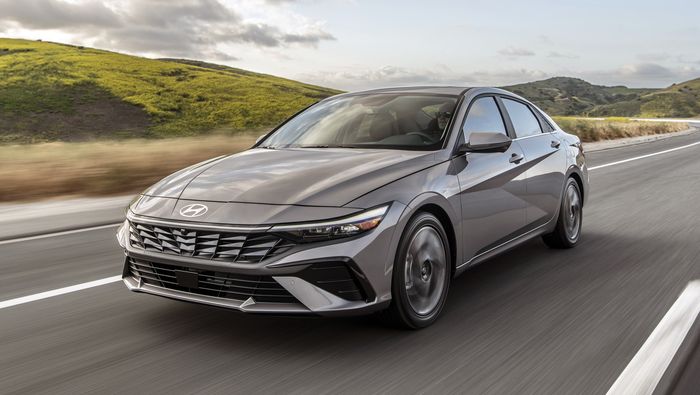CJ Attard Insights
Exploring the latest trends and insights in various industries.
Fuel Efficiency: The Unsung Hero of Your Wallet
Unlock hidden savings with fuel efficiency tips that boost your budget and minimize your expenses—your wallet will thank you!
Maximizing Fuel Efficiency: Simple Tips to Save Money at the Pump
Maximizing fuel efficiency is essential for anyone looking to save money at the pump. One of the easiest ways to improve your fuel economy is by keeping your vehicle well-maintained. Regular oil changes, proper tire inflation, and routine engine checks can significantly impact your car's performance. Additionally, adopting smooth driving habits, such as gradual acceleration and braking, can reduce fuel consumption by as much as 30%. Here are some simple tips to help you get the most out of your tank:
- Check your tire pressure: Under-inflated tires can decrease fuel efficiency.
- Remove excess weight: Carrying unnecessary items can burden your engine.
- Avoid excessive idling: Turn off your engine if you plan to stop for more than a minute.
Another effective way to maximize fuel efficiency is to pay attention to your driving speed. Studies show that driving at speeds above 50 mph can significantly reduce your car's fuel economy. Using cruise control on highways can help maintain a constant speed, which not only conserves fuel but also enhances safety. Additionally, plan your trips ahead to avoid getting caught in heavy traffic or making unnecessary detours. By incorporating these strategies into your driving routine, you can effortlessly enhance fuel economy and save money at the pump.

The Real Cost of Poor Fuel Efficiency: How It Affects Your Budget
Understanding the real cost of poor fuel efficiency is crucial for every vehicle owner. When your car consumes more fuel than necessary, it directly impacts your wallet. For example, if your vehicle averages 20 miles per gallon (mpg) versus a more fuel-efficient model that averages 30 mpg, the difference in fuel expenditure can be significant over time. To illustrate, consider a yearly driving distance of 12,000 miles:
- At 20 mpg, you would need 600 gallons of fuel.
- At 30 mpg, you would only require 400 gallons.
This results in an extra 200 gallons purchased each year, costing you hundreds of dollars depending on current fuel prices.
Moreover, the implications of poor fuel efficiency extend beyond just fuel costs. Vehicles with lower miles per gallon tend to contribute to higher levels of emissions, which can also invite further expenses for repairs and maintenance. Additionally, with the constant fluctuations in fuel prices, a vehicle that doesn't deliver optimal fuel efficiency can become a liability, forcing you to adjust your budget drastically. It's essential to factor in these expenses when evaluating your vehicle's overall cost, making the choice of a fuel-efficient vehicle not just an environmental concern but a practical financial decision as well.
Is Fuel Efficiency Worth the Investment? A Deep Dive into Savings
When considering whether fuel efficiency is worth the investment, it's essential to analyze both the short-term and long-term savings. Initially, a vehicle with higher fuel efficiency may come with a higher price tag, but the cost savings on fuel can quickly offset that expense. According to a study, fuel-efficient vehicles can save drivers thousands of dollars over their lifespan, especially during periods of rising gas prices. Moreover, the reduced frequency of refueling not only saves money but also contributes to less time spent at gas stations.
Beyond immediate financial savings, fuel efficiency plays a crucial role in environmental sustainability and reducing one’s carbon footprint. By investing in a vehicle that consumes less fuel, drivers actively contribute to lower emissions and promote a cleaner planet. The benefits extend beyond personal savings; communities and economies benefit from decreased reliance on fossil fuels. In conclusion, the decision to invest in fuel-efficient technology is not just about savings but also about making a responsible choice for the future.